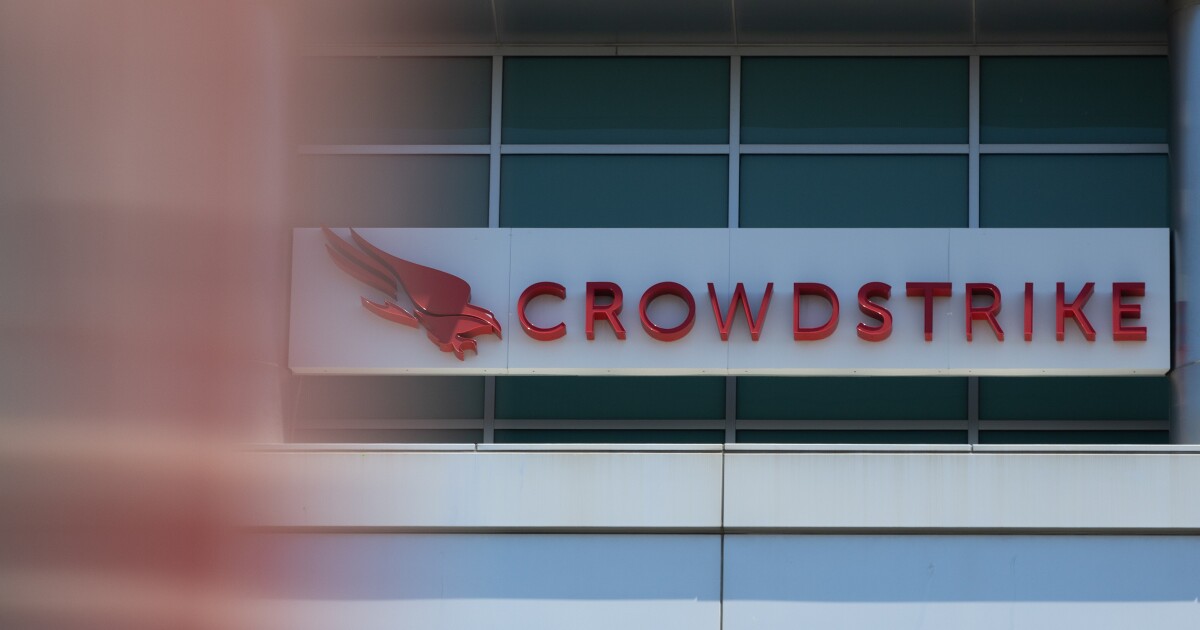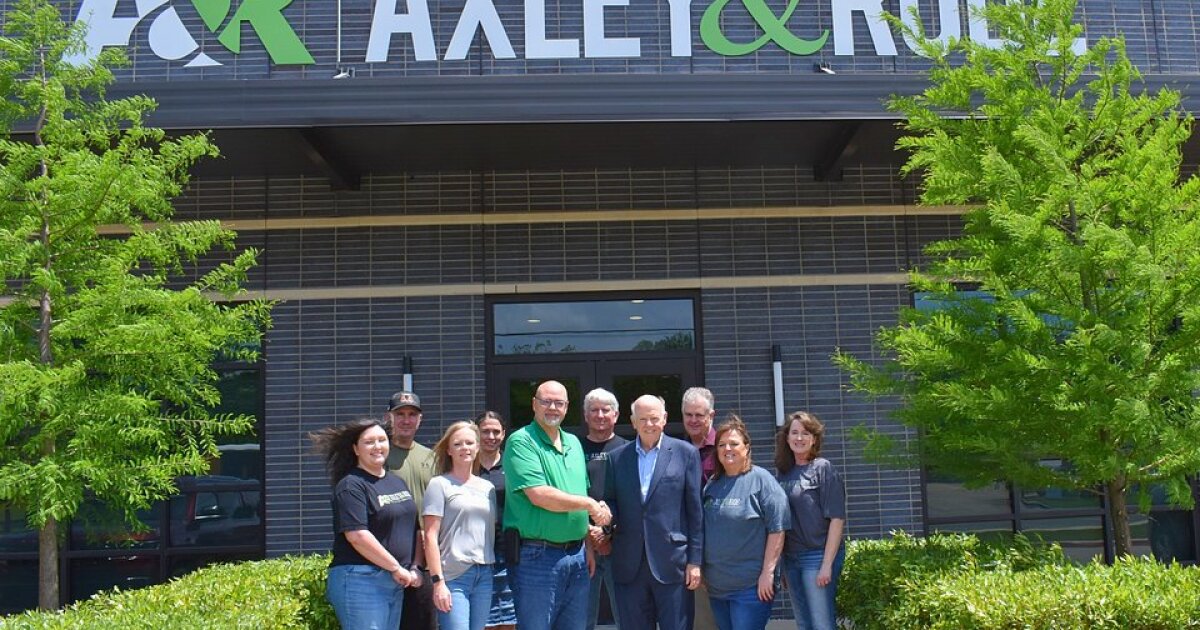It’s no secret that the accounting profession has grappled with a major talent crisis in recent years. About three quarters of certified public accountants are set to retire in the next decade and we’ve seen fewer candidates sitting for the CPA exam. On top of that, training to become a CPA is no mean feat. The CPA exam is a difficult test — so difficult that even AI couldn’t pass it first time around.
However, there’s a glimmer of hope. Recent data from the National Student Clearinghouse Research Center indicates undergraduate accounting enrollment rose by an impressive 12% in fall 2024 compared to the previous year. This surge brings us close to pre-pandemic levels of accountants-in-training, which could be a positive signal of renewed interest in the field.
While the uptick in student enrollments is encouraging, a growing number of accounting students is not going to solve the problem many firms are facing today. What’s more, the demand for accountants isn’t going anywhere. So, with no shortage of work and likely too few people available to do it, what can firms do to stay ahead? Technology can have an immediate impact on helping to unlock the future of work for tax professionals. Let’s dive into some of the ways advancements in AI and automation are helping firms bridge the talent gap today.
Automating the mundane
Driving efficiency remains the top strategic priority for firms, and streamlining processes and workflows to free up time for accountants to focus on more complex work is essential. Time savings are largely being driven by the automation of repetitive tasks in the tax workflow. That means things like supporting data gathering, simplifying mundane tasks or streamlining the tax preparation process. On top of this, more tax professionals than ever are using AI to assist with tax research. In fact, tax firms believe that investments in AI will save them five hours per week in the first year for each staff member, increasing to 14 hours saved weekly in five years. That’s the equivalent of 250 hours a year saved for every team member.
Strategic advice is in hot demand
With technology handling routine tasks, human judgment and consultation are becoming the areas in which humans can really thrive. Efficiency driven by automation means accountants are freed up to focus on providing valuable advisory services. This pivot in firms’ business models is essential for two reasons. First, it helps firms bring greater value to their clients by illuminating the deeply specialized expertise their teams can apply to supporting their clients’ needs. Second, it creates an avenue of differentiation for firms to evolve to complement the basic tax services that can now be handled by automation and AI.
Two-thirds of firms strongly agree that most clients now want business advice, ranging from tax strategy and financial planning to decision support. Clients today have access to a wealth of information, including real-time data. They’re looking to their accountants as a trusted advisor who can navigate this data-rich landscape. AI can augment that effort too, by providing insights to support firms with elevating their roles from number crunchers to business advisors. Technology empowers accountants to extract valuable insights from massive datasets, and they can apply this intel to the advice and recommendations they put forward to their clients.
Attracting the CPAs of the future
Millennials and Gen Z are the CPAs of the future. These young professionals are digital natives, and they value the use of technology in their work. By showcasing how accounting intersects with technologies like AI, the profession becomes more appealing to tech-savvy students, dispelling the outdated image of accounting as a dry, monotonous field. Additionally, cloud-based software enables remote work, offering the flexibility that’s highly valued by today’s workforce.
Tax and accounting is somewhat notorious for its grueling workload. Striking the right work-life balance is an ongoing challenge for many, particularly during peaks like busy season that bring a relentlessly demanding schedule for CPAs. But time savings brought by AI and automation are alleviating the burden by augmenting the work of humans. Long term, changing the reality of what work-life balance means for accounting professionals could well be the final hurdle in elevating the popularity of the profession as a career choice for generations to come.
While the recent enrollment increase is heartening, technology is the key to this sustained interest. By embracing technological advancements, the accounting profession can transform its image and become more attractive as a destination for an exciting, evolving career path for the accounting workforce of the future.


 Economics1 week ago
Economics1 week ago
 Accounting1 week ago
Accounting1 week ago
 Blog Post4 days ago
Blog Post4 days ago
 Economics1 week ago
Economics1 week ago
 Personal Finance1 week ago
Personal Finance1 week ago
 Economics6 days ago
Economics6 days ago
 Personal Finance1 week ago
Personal Finance1 week ago
 Finance1 week ago
Finance1 week ago












